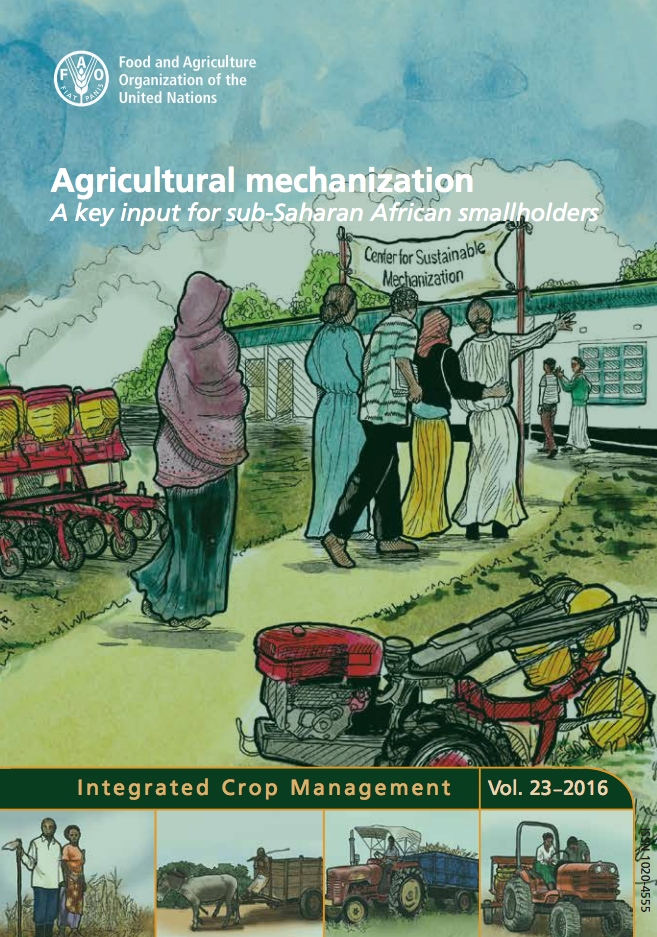Reforming Urban Laws in Africa
Reforming Urban Laws in Africa, A Practical Guide, was written by Stephen Berrisford and the late Patrick McAuslan. It provides hands-on guidance to officials, practitioners and researchers working on the urgent task of improving, modernising and rationalising urban legislation in the Sub-Saharan region.





